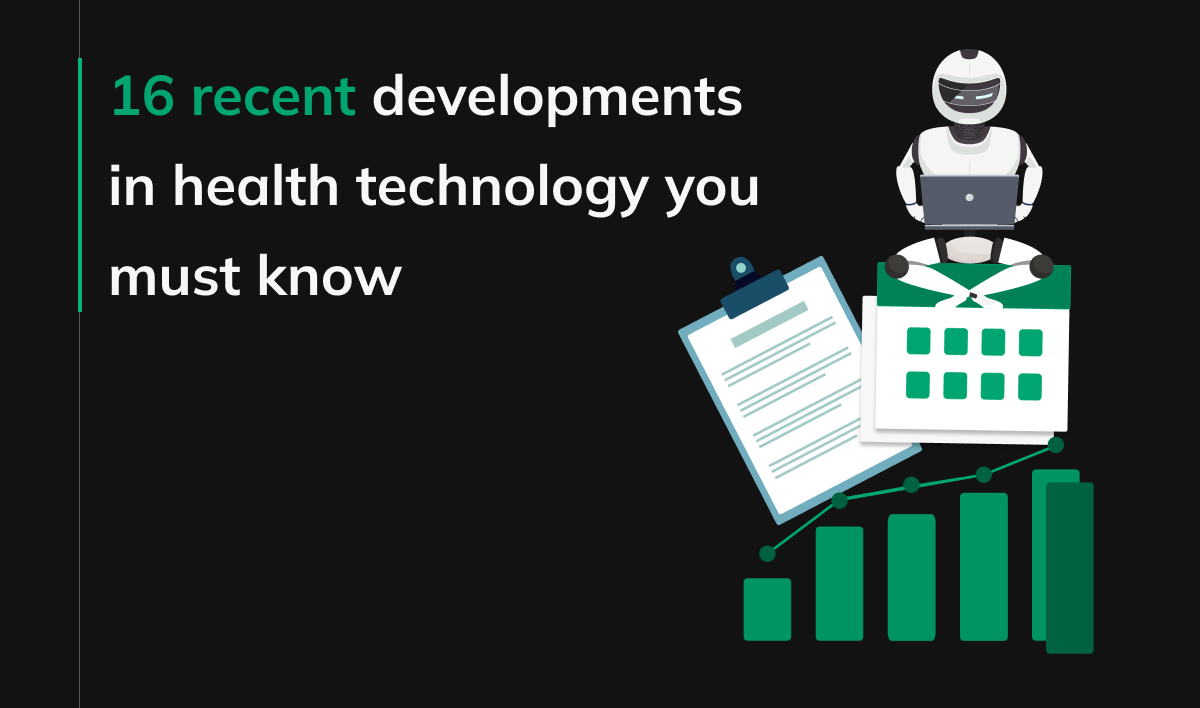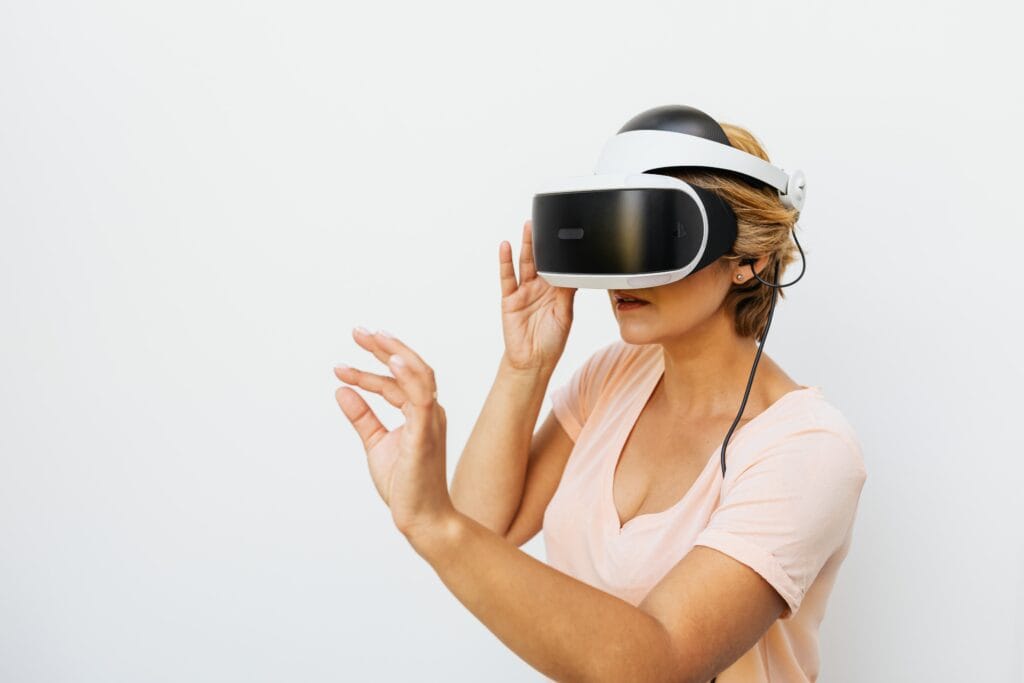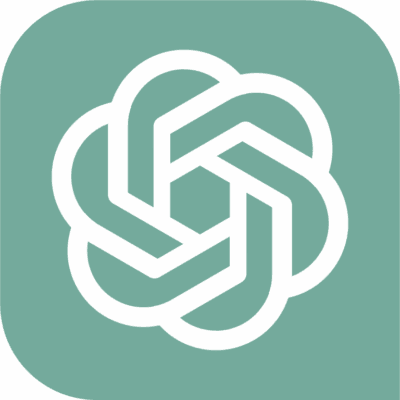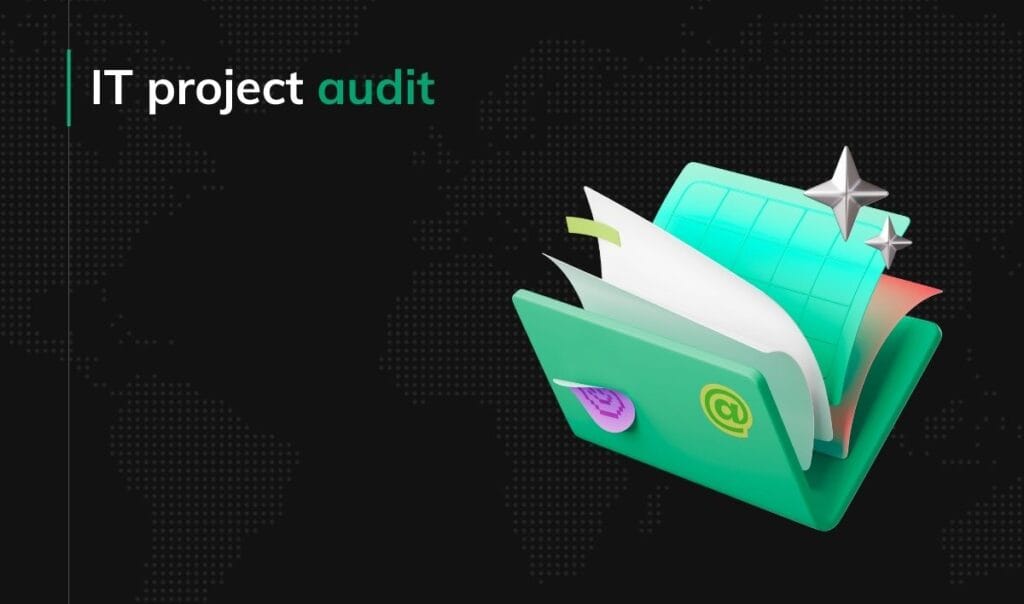16 recent developments in health technology you must know

If you’re thinking about starting a health-related startup, you’ll want to stay up-to-date on the latest developments in health technology.
This blog post will highlight some of the most promising recent advancements in this field. From wearables that can help you monitor your health 24/7 to AI-powered diagnostic tools, there’s a lot of exciting stuff in health tech right now.
So if you’re ready to get started on your next big health tech idea, read on!
What is health technology?
Health technology is a wide-ranging term that encompasses everything from medical and health informatics, health device creation, clinical decision support systems, health analytics, medical robotics, and health engineering.
It also covers the use of novel technologies in healthcare applications to help improve the health and well-being of people.
Examples of medical technology
Examples of health technologies include medical imaging machines such as MRI or CT scans, robotic surgery, artificial intelligence-based diagnostics, machine learning-driven electronic health records (EHRs), digital therapeutics, telemedicine systems for remote care delivery, and wearable health sensors to monitor personal health data.
The benefits of health technology
Using medical technologies to improve healthcare has proven to be highly advantageous. Let’s name just a few examples.
- Improved patient care and outcomes through predictive therapies and new treatments.
- Data-driven insights to enable more personalized healthcare services.
- Increased accuracy in diagnoses with AI-powered diagnostic tools.
- Enhanced communication between patients, doctors, and other medical professionals through telemedicine systems for remote care delivery.
- 24/7 monitoring of personal health data with wearable health sensors.
- Reduced costs associated with medical procedures due to automation enabled by robotics in surgery and other applications.
Recent developments in health technology

1. Artificial intelligence
Artificial Intelligence (AI) is increasingly being used in healthcare to improve the accuracy of diagnoses and provide predictive insights. Probably no other technology has become this crucial for the healthcare industry. Take a look at the statistics. According to Statista, in the first three quarters of 2020, equity funding for healthcare AI deals already amounted to 4.34 billion U.S. dollars, a historical high.
AI-powered diagnostic tools can now analyze patient data, such as medical images, lab results, and electronic health records (EHRs), and provide insights that can help clinicians make more informed treatment decisions.
AI technologies also enable automated monitoring of patient’s vital signs, allowing for early detection of potential health issues. In addition, AI is used to generate new drug compounds through machine learning algorithms, and autonomous robots are being developed for surgical procedures.
With these advancements in AI technology, there is great potential for improved patient care and outcomes in healthcare.
However, artificial intelligence technology comes with its drawbacks.
AI often faces the challenge of working with partial and incomplete data. The accuracy of algorithms relies solely on the quality of the data input into them. As AI becomes increasingly complex, even small discrepancies can cause them to make incorrect decisions.

2. Telemedicine
With medical technology revolutionizing the healthcare sector, telemedicine has become an excellent resource for medical professionals and patients in the modern world.
Telemedicine is an incredible medical development that consists of medical providers meeting with their patients remotely over electronic communication systems like Skype or Facetime to provide medical care from anywhere around the world.
This makes accessing medical technologies and treatments more achievable for people who may not have access to traditional medical care due to location-based constraints such as distance or cost.
Telemedicine allows medical providers to consult with each other and find appropriate solutions for complex medical cases. It also allows healthcare practitioners to stay connected with their patients if medical attention is needed right away.
In sum, telemedicine is a phenomenal advancement in modern healthcare, with significant benefits for medical professionals and patients alike.
3. Electronic health records
A burning problem in the healthcare industry is poor workflow optimization. Healthcare providers spend time and energy writing medical records or doing the paperwork.
Electronic health records have revolutionized medical technology, streamlining many medical processes and providing medical personnel with a more efficient means of keeping track of patient treatment and medical histories.
By leveraging the power of medical technologies such as artificial intelligence, predictive analytics, and machine learning algorithms, medical professionals can capture and store clinical data far more quickly and accurately than ever before.
Additionally, access to real-time data from a broad range of medical technologies integrated into an electronic health record system can help healthcare providers form comprehensive diagnoses faster and make better-informed decisions about the best treatments for their patients.
Electronic health records have made it easier for medical professionals to collaborate—sharing critical information about individual patients with doctors in different locations within moments. Consequently, electronic health records can improve the accuracy, access, speed, cost-effectiveness, and convenience of medical care worldwide.
Nevertheless, the electronic health record system still suffers from significant inefficiencies. According to HLTH 2021 report by Star, since the introduction of the EHR, physicians are spending upwards of 49% of their day on administrative work. In fact, for every hour of face time they have with patients, they are now spending two on paperwork.
This clearly shows that healthcare providers still need better solutions, with two big target areas being automatization and optimization.
💡 Read more about administrative healthcare challenges in this article.

4. Blockchain
Blockchain technology is revolutionizing healthcare in several ways, including streamlining healthcare providers’ ability to store and access patient records securely.
This improved access to sensitive data can facilitate faster diagnoses, better healthcare decisions, and the potential to create a secure healthcare platform that allows providers to collect and exchange healthcare data instantaneously easily.
As healthcare becomes an increasingly data-driven enterprise, the potential offered by blockchain technology could be a game-changer for healthcare providers and patients alike—empowering faster healthcare decisions while protecting sensitive data from cyberattacks or leaks.
With the proper implementation of blockchain technology, healthcare organizations can make patients’ health records available everywhere, anytime—significantly improving healthcare outcomes in the long run.

5. Virtual reality
Virtual reality (VR) is quickly making a name for itself in the healthcare industry. With advances in technology, VR can be used for various intensive medical simulations, from surgical training to preparing students for medical emergencies.
Thanks to its cost-effectiveness and ability to simulate real-life scenarios more realistically, many medical universities are investing in VR as part of their curriculum. By challenging students with a realistic simulation, they can gain valuable skills that cannot be found in traditional learning environments.
In this way, healthcare professionals can be better prepared when dealing with medical situations at work and make sure patient safety is their priority.
Through VR, virtual patients present unique challenges that allow healthcare workers to face difficult situations and acquire the leadership, communication, and problem-solving skills that are key components of any successful role in the industry.
6. Healthcare privacy
Data privacy and security are of utmost importance regarding health technology. As data is collected, stored, and shared between different parties, measures must be taken to ensure that the patient’s personal information remains secure.
Healthcare organizations are increasingly investing in cybersecurity solutions to protect their systems from malicious attacks and unauthorized access.
In addition, there are measures in place to ensure that data is collected, stored, and shared in accordance with relevant regulations such as HIPAA (Health Insurance Portability and Accountability Act).
7. mRNA technology
Medical technology has come a long way in recent years, with mRNA technology at the frontline of medical advances.
MRNA technology allows for the development of gene therapies that can be used to treat a variety of diseases. It has been used to develop treatments for cancer, genetic disorders, and viral infections. Additionally, it holds tremendous potential for personalized medicine and personalized vaccines in the future.
The technology enables medical professionals to precisely target diseases and medical conditions, delivering treatments more effectively and efficiently than ever before. This revolutionary medical technology is being used in new medical treatments, therapies, and programs with great success, offering those suffering improved chances of recovery.
The potential of this medical breakthrough is phenomenal, providing the medical industry with new opportunities to tackle some of the world’s toughest diseases. With continued innovation and investment into this medical technology over time, its capabilities can only continue to grow.

8. Patient data
Medical technology has rapidly developed over the last few decades, and patient data is one of the most essential aspects being studied. Powerful medical technologies allow medical professionals to collect and analyze vast amounts of patient data for medical research, disease tracking, and treatment optimization.
This data can include medical histories, medical images, and even genomic sequences; technological advancements in medical analytics create new opportunities to uncover medical insights that may benefit the medical community and individual patients.
For these reasons, patient data is a precious asset in medical technology and will continue playing a role in shaping healthcare outcomes in the future.
9. Technology & mental health
Health technology has been an essential tool in helping people better manage their mental health.
From tracking apps to intelligent AI coaches, technology offers a degree of accessibility and convenience that had not previously existed. This accessibility can make it easier for individuals to make proactive choices about their mental wellness.
Even if you don’t have access to comprehensive mental health resources, health technology can provide helpful information on how one can take better care of themselves and advice about specific coping mechanisms.
Health tech has the potential to positively change the relationship between individuals and their mental health, making managing mental health well more accessible than ever before.
10. Medical devices and wearables in healthcare
Medical devices are becoming more common in healthcare settings. With the advent of remote monitoring technologies, it’s now easier than ever to track vital signs at home or on the go.
Wearable health sensors are one example of this technology; they allow you to monitor your heart rate, blood pressure, oxygen saturation levels, and other vital signs in real-time. Devices such as pacemakers, glucose monitors, and insulin pumps are used to treat medical conditions and monitor patient health.
These devices offer improved accuracy and convenience over traditional treatment methods while also being more cost-effective. In addition, advances in medical device technology have made it easier for clinicians to diagnose and treat patients more quickly, leading to better outcomes.
This is particularly useful for people with chronic health conditions, as it can help them stay on top of their health and get the medical treatment they need.
11. Precision medicine
Precision medicine is a data-driven healthcare approach that leverages personal data to customize healthcare practices.
It involves healthcare providers collecting and analyzing genetic and lifestyle data to understand an individual’s health needs better.
This emerging healthcare methodology utilizes advanced analytics techniques, such as artificial intelligence and machine learning, to generate insights that allow healthcare providers to tailor treatments specifically for their patients.
As precision medicine continues to gain traction in the healthcare industry, it has the potential to revolutionize healthcare through improved medical efficacy, reduced healthcare costs, and improved quality of life for patients.

12. Remote patient monitoring
Remote patient monitoring is transforming the healthcare industry. This technology can enable physicians to keep track of their patient’s vital signs in real time, regardless of physical distance.
It makes it possible for doctors to detect and address medical conditions early on, even if the patient isn’t physically present for an examination.
Remote patient monitoring also increases efficiency among medical professionals by helping them minimize manual paperwork and streamline processes, freeing more time for more patients to access care.
We can go one step beyond traditional remote monitoring with health technology that anticipates our needs.. While PRM relies on patients to actively transmit health data from home, ambient intelligence in healthcare takes a more passive approach. It utilizes sensors and AI to seamlessly monitor a patient’s well-being within their own environment. Think of a system that can automatically detect a fall in an elderly person’s home and trigger an emergency response – that’s the magic of ambient intelligence.
13. Digital therapeutics
Digital therapeutics is a type of healthcare technology that uses software to provide treatments and interventions for medical conditions. It combines elements of traditional pharmaceuticals, medical devices, and health information technology to provide personalized interventions based on patient data.
Digital therapeutics can be used for preventive care, disease management, chronic conditions, mental health support, and more. The goal is to help people improve their health outcomes by using digital solutions instead of relying on traditional drugs or surgeries.
Combining traditional medical treatments with digital solutions, such as mobile apps, telemedicine, and wearable sensors, digital therapeutics offer real-time data collected from a patient to help identify potential health issues and trends.
By delivering evidence-based interventions for existing conditions such as diabetes or mental health issues, the technology creates a comprehensive picture of each individual’s condition to make more personalized treatment options available.
This approach is less time-consuming and cost-effective for providers and has the potential to improve patient outcomes through improved adherence and disease management dramatically.
14. Neuro devices
Neuro devices are technological systems used to monitor and alter the activities of the nervous system. From stimulating neurons to allow for robotic prosthetics to regulating moods and measuring brainwaves, these devices have made incredible medical advancements.
While applications of neuro devices are vast, with some being used in research fields to study neurological conditions, others are designed to improve quality of life. To help those living with degenerative conditions such as Parkinson’s disease, neuro devices can be programmed to respond and counteract the onset of tremors or other motor symptoms.
As technology grows and advances, neuro devices could become invaluable tools that improve people’s quality of life and advance medical research into neurological diseases and disorders.

15. Organ care technology
Organ care technology is a rapidly developing field with incredible potential for saving and improving lives.
This novel approach bridges the gap between supply and demand in a world where organ shortages lead to long wait times and tragic outcomes. By allowing organs to remain viable outside the body for more extended periods, organ care technology has made it possible for surgeons to assess better and treat organs in need of repair before transplantation.
Furthermore, with ingenious engineering involved in creating transport systems that keep organs circulating at body-like temperatures and pressurized like normal blood vessels, doctors can now extend their reach beyond the immediate geographical area, which allows them access to donors all over the globe.
Clearly, this technology provides hope where there was once only despair and could represent the future of medical science.
16. Bioprinting
3D printer technology has become the most popular technology available today. In healthcare, these game-changer printers can also be used for creating bone implants.
3D-printed prosthetics have become more widespread as they are completely custom designed. Digital functions are able to measure a user in millimeters. This provides unparalleled comfort as well as a great mobility advantage to the user.
The use of 3D printing is becoming increasingly prevalent in pre-surgical planning. Using real patient anatomy allows surgical practitioners to perform procedures that would normally not occur.
Summary
Health technology has come a long way in recent years. From patient monitoring and care to medical practice, the advances have been both numerous and impactful. They have enabled us to not only monitor patient outcomes more closely but also improve patient care significantly through predictive analytics and connected health ecosystems.
Additionally, emerging technologies like artificial intelligence (AI) are revolutionizing medical education by providing unprecedented access to resources and patient data for learning purposes. Ultimately, these advances are paving the way for a future where patient care is more personalized and effective than ever before.
Recommended further reading
For more information on the future of the digital healthcare industry, check out the following:
- HLTH 2021 report by Star I cited in the article;
- Technology in health care – startup challenges & industry insights – an article by Paweł, Pragmatic Coder’s full-stack developer, where he writes about the challenges developers must face when creating digital health software.







